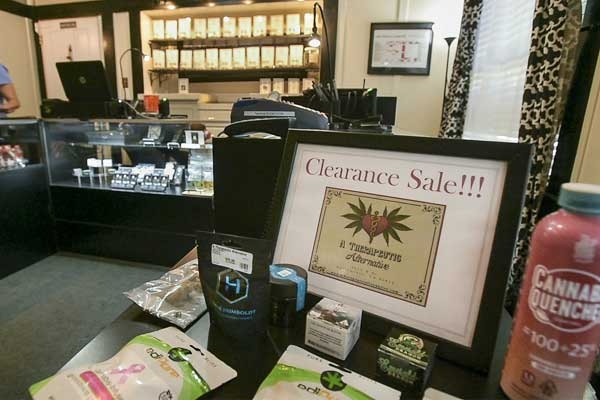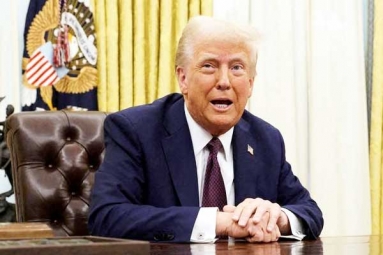Arizona Dispensaries Sell Cannabis Extracts in Defiance of Court Ruling
July 03, 2018 14:30
(Image source from: Expert Joints)
Arizona dispensary associations and operators announced that they will continue to sell the cannabis extracts targeted by appeals court decision till a final ruling on the matter been made by the Arizona Supreme Court.
The position is thing of a speculation since the appeals court ruling technically applies statewide. Potentially, patients and dispensaries now face criminal prosecution over extracts, which are made into best-selling products found at dispensaries like vape pen oil, infused edibles, and shatter.
The Department of Health Services of Arizona, which oversees the medical marijuana program, on Friday indicated in a statement that officials are still trying to determine what to do.
The opinion didn't instruct the DHS to change its rules, officials noted. "However, criminal law does take precedence over department rules," the statement says. "The department is reviewing this case with its legal counsel to determine whether any rule changes are necessary."
Kevin DeMenna, a lobbyist for the Arizona Dispensary Association, said "It is our understanding that nothing dramatic or draconian will occur. It's a bad development in an otherwise positive environment."
"This seems a little bit out of step," he said of the appellate ruling.
As examples of positive signs, DeMenna said that the Food and Drug Administration's recent approval of Epidiolex, a cannabis-based anti-seizure medication, helps make cannabis more mainstream, and noted that President Donald Trump has said he supports a pro-cannabis bill that lets states decide whether or not to legalize.
The Arizona medical cannabis community now includes about 170,000 card-holding patients and 130 state-authorized dispensaries.
The most recent data from the state shows that about 45,500 pounds of medical marijuana was sold in state dispensaries from January to May. Of that, more than 8 percent was made up of edibles or "other," which presumably includes mostly extract products. But extracts also usually cost more than flower.
By Sowmya Sangam






















